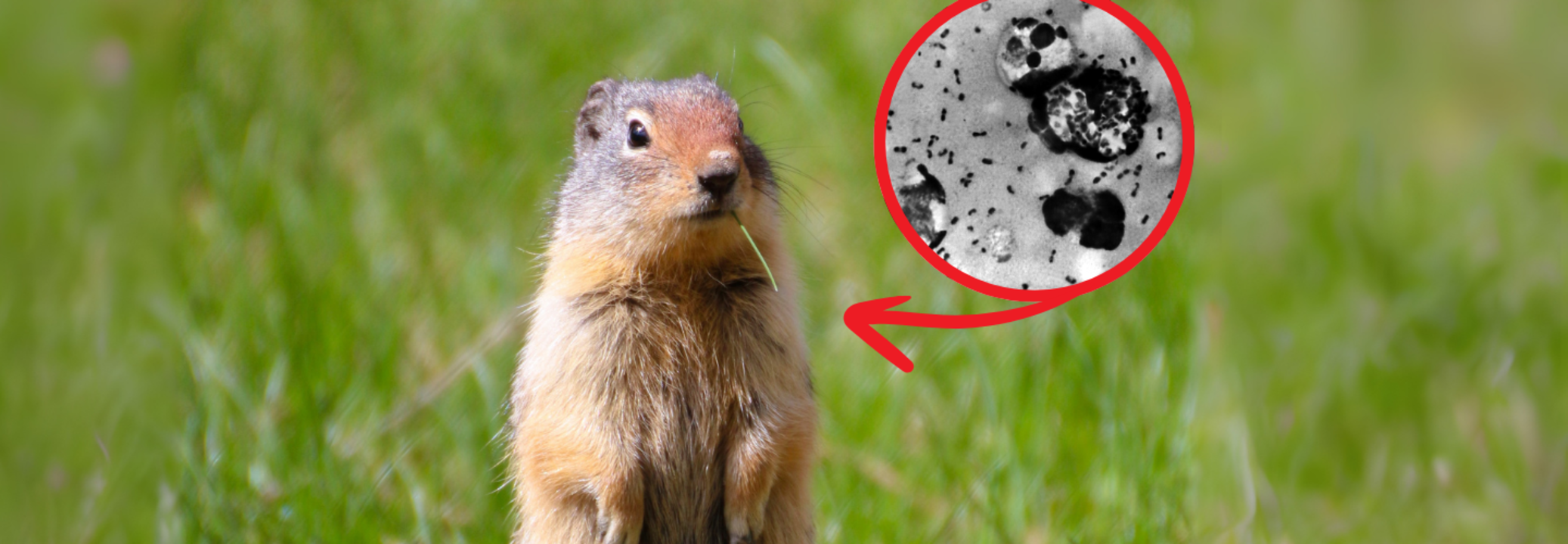Pneumonic Plague Death Raises Alarm, Can Prairie Dogs Be The Cause Of It?

SummaryA sudden death caused by the pneumonic plague has caused a stir. Previously known to be the cause of bubonic plague, people are expressing their concern regarding the contagious disease and how did it come back.
End of Article
